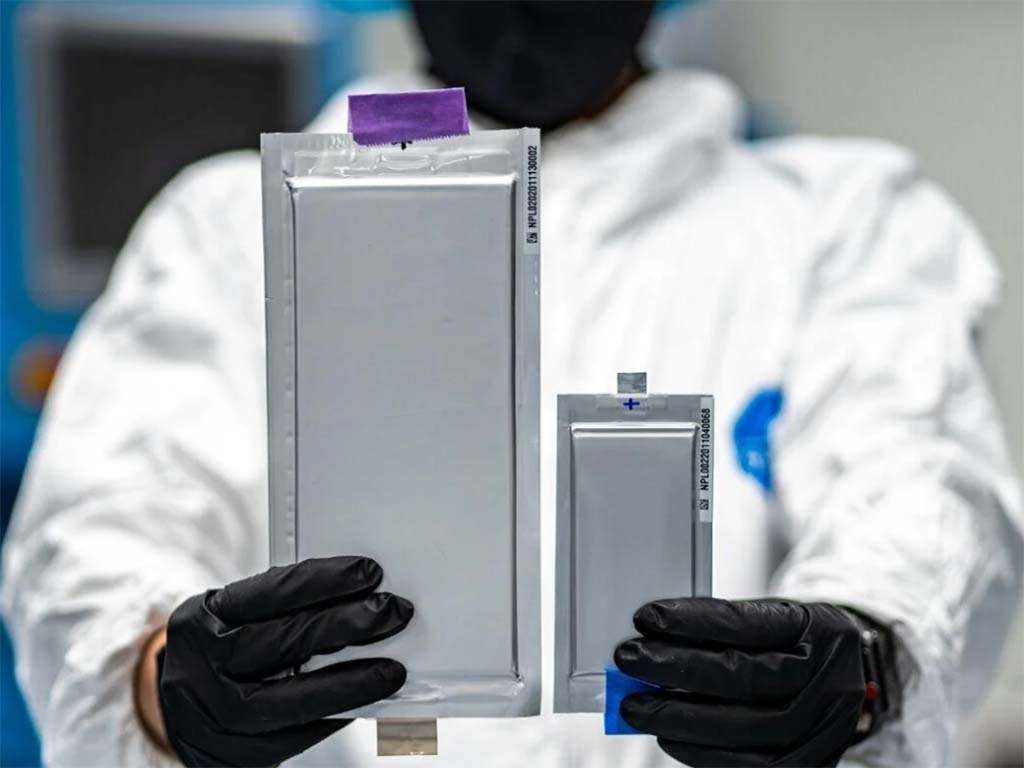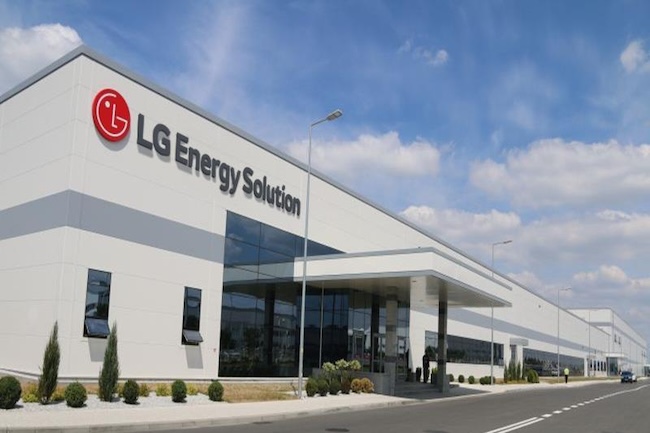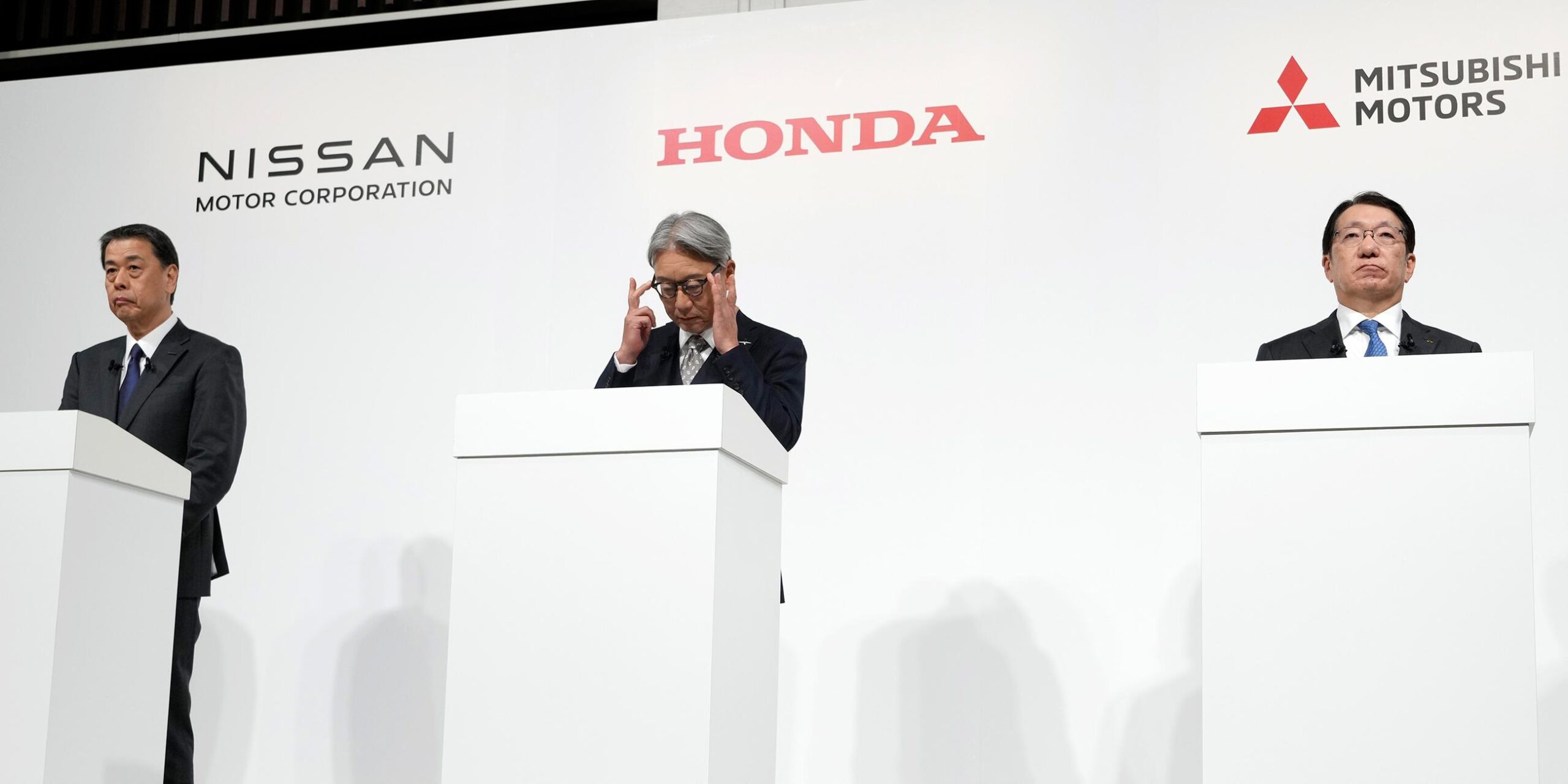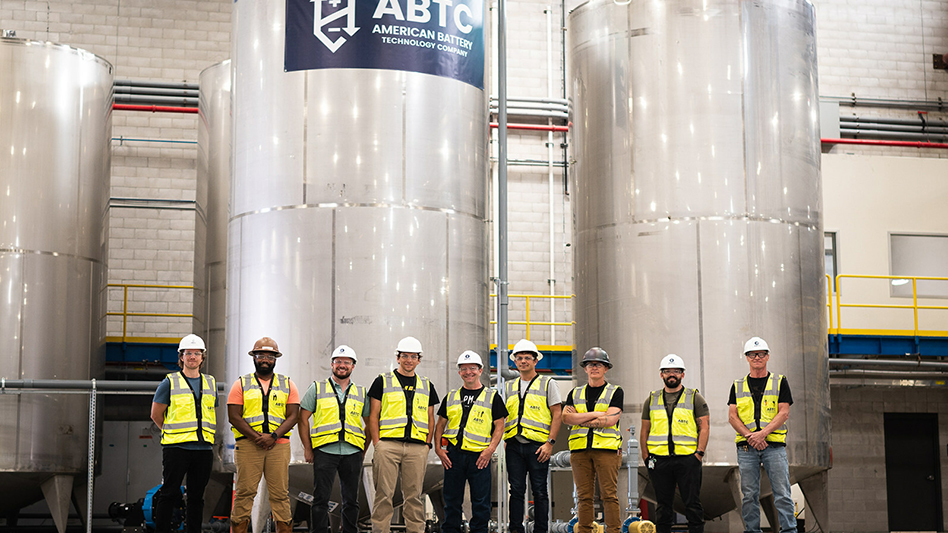Volkswagen and QuantumScape’s recent improvements in solid-state batteries (SSBs) for electric vehicles have inspired hope in the electric vehicle business. However, seasoned experts in automotive battery technology warn that the path to widespread adoption of solid-state technology remains afflicted with considerable hurdles. A single breakthrough, while extraordinary, is unlikely to change the industry overnight.
Road to Solid-State Battery Adoption in the Automotive Sector
Bob Galyen, the owner of Galyen Energy and former Chief Technology Officer for the battery conglomerate Contemporary Amperex Technology Ltd. (CATL), stated, “Solid-state technology heralds a transformative future, yet its journey to commercial viability mirrors the prolonged maturation of lithium-ion batteries.”
According to IEEESpectrum, Galyen and his colleagues conducted a thorough review of the technological and financial feasibility of Volkswagen, QuantumScape, Toyota, and NIO’s recent statements. Despite their favorable impact on stock prices, a concrete plan for overcoming the tremendous challenges to engineering and production scalability—often referred to as “production hell”—remains elusive.
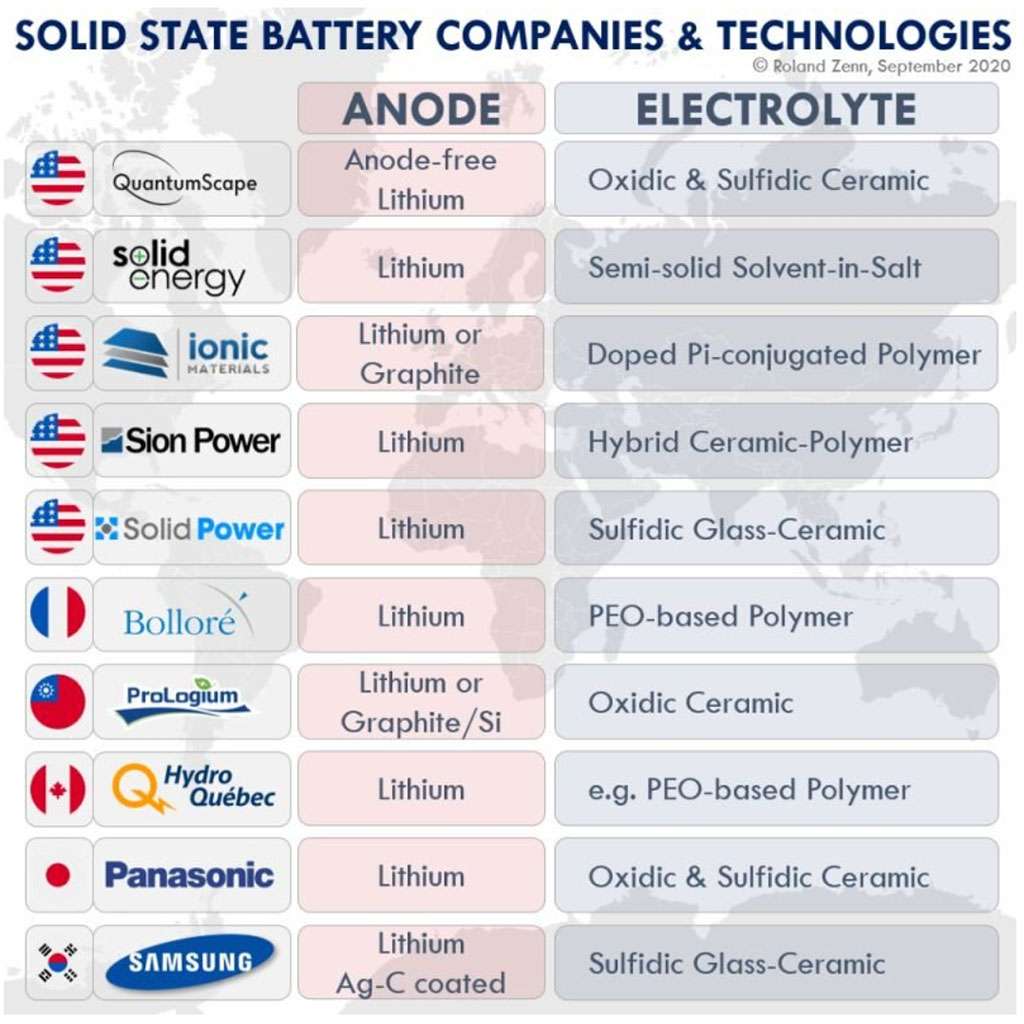
Engineering and Production Hurdles for Solid-State Batteries
The successful integration of existing SSB technologies, which have previously been limited to niche applications such as healthcare, into the automobile sector faces several problems. The path to commercial success requires rigorous validation across performance parameters, lifetime, and cost-effectiveness.
SSBs, which have a solid electrolyte rather than a liquid electrolyte like typical lithium-ion batteries, promise higher safety, energy density, and charging speeds. This technical revolution, which replaces liquid lithium salts with glass or ceramic electrolytes, establishes SSB as a key advance for the next generation of electric vehicles. Automakers are particularly interested in this technology because of its improved thermal stability, which allows for quick recharging, among other advantages.
Milestones in Solid-State Battery Development
Recent developments, including Volkswagen Group’s PowerCo SE‘s announcement of achieving significant charging milestones with lithium-metal cells developed by QuantumScape (Read more), and Toyota’s ambitious plans to incorporate SSBs into its future models, underscore the industry’s commitment to this emerging technology. Yet, experts urge caution, noting discrepancies in the claims about the nature and capabilities of these next-generation batteries.
The transition to solid-state technology is marred by engineering complexities, encapsulated by Galyen’s “five golden rules” of battery technology: safety, performance, longevity, affordability, and environmental impact. The current landscape suggests that SSBs are yet to satisfactorily address these criteria, reminiscent of the challenges faced by Elon Musk’s Tesla during its “manufacturing hell” phase, as it grappled with scaling production.
Challenges and Opportunities Ahead
The trajectory towards validating and scaling SSB technology is likely to span several years, involving the construction of specialized production facilities and exhaustive real-world testing. Galyen’s insights reflect a cautiously optimistic view, tempered by the practical hurdles that lie ahead.
As the science behind solid-state batteries continues to evolve, with innovations ranging from anode materials to cathode compositions, the industry remains at the cusp of a potential revolution in electric vehicle technology. However, the timeline for this transformation remains uncertain, with widespread industry adoption dependent on overcoming the existing technological, financial, and manufacturing challenges.
As the possibilities and challenges of SSB technology continue to emerge, this narrative will evolve. The quest for a sustainable and efficient future in the field of electric vehicles continues, with solid-state batteries at the forefront of the effort.
Reference: https://spectrum.ieee.org/solid-state-battery-production-challenges

